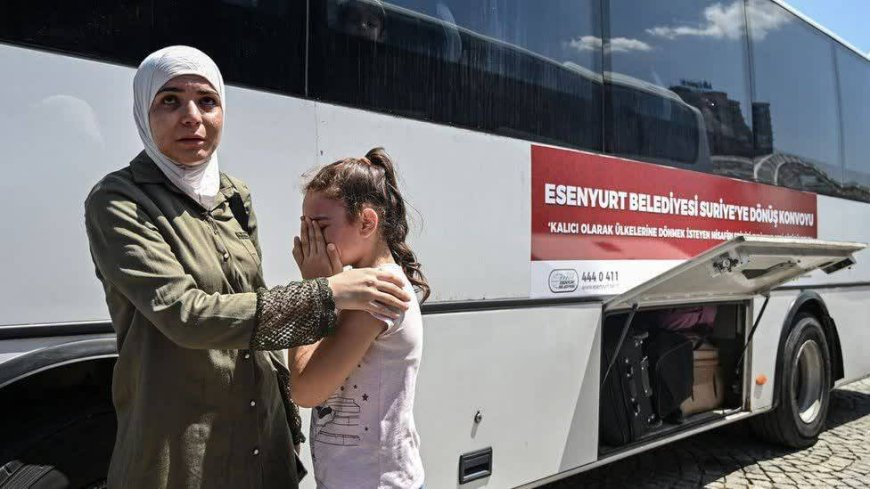Beyond the Tourist Façade: Unveiling the Dark Realities of Racism and Femicide in Turkish Society
Beyond the Tourist Façade: Unveiling the Dark Realities of Racism and Femicide in Turkish Society

In an era dominated by media glamour, Turkey has emerged as a prominent tourist destination in the West Asia and East Europe region. However, behind the picturesque cityscapes and the efforts of real estate brokers to attract foreign investors lies a stark reality of racism, self-aggrandizement, the war over hijab, and the alarming rise of femicide.
The debates surrounding hijab and the issue of femicide in Turkey are not recent phenomena. These problems have persisted for several decades, gaining more attention in recent times due to the proliferation of social media and mass communication platforms. The catalyst for this heightened awareness can be traced back to a viral video capturing the brutal murder of a Turkish woman by her husband in front of their children and neighbors. Since then, a disturbing trend has emerged, with numerous videos and news reports highlighting the successive murders of women in the country, sparking widespread reactions.
The responses to these atrocities have ranged from attempts to justify the actions as the acts of deranged individuals to extreme reactions from anti-male or feminist movements. However, amidst these discussions, an important underlying issue often goes unnoticed - the alarming increase in crime rates in Turkey, concealed behind the apparent gender conflicts and the biased perception propagated by certain sections of the Turkish media.
Contrary to the image projected by the country's tourism and social welfare goals, Turkey has witnessed a surge in racism and acts driven by hatred and animosity towards fellow human beings. To gain a more accurate understanding of the situation and how Turkish society treats not only immigrants but also its own citizens, one needs only to examine recent news from the past few days and months.
Recent reports have highlighted distressing incidents such as the beating of a teenage migrant by Turkish youths, the gang rape of an Iraqi girl, an attack on a Syrian family on a city bus, and fatal attacks on a Yemeni youth. These incidents, captured in videos and eyewitness accounts, expose the truth about the quality of life and public safety in Turkey, challenging the romanticized portrayals often depicted in the media and Turkish entertainment industry. A violent undercurrent lurks beneath the surface of Turkish cities, eroding public security and exerting its influence on the public and residents of the country.
Official statistics released in Turkey have repeatedly highlighted the alarming increase in violence and murder against women. Hundreds of cases involving the disappearance or violence inflicted upon women and girls are reported each month, with domestic violence serving as a common thread, often culminating in tragic outcomes.
It is crucial to acknowledge that the allure of Turkey's attractions has attracted thousands of tourists from Iran, Russia, Afghanistan, Arab nations, and even Azerbaijan. However, this attractive facade is the result of deliberate propaganda, obscuring the harsh realities that may arrive too late for immigrants and the general public to realize. The significant shifts in the social behaviors of the Turkish population bear witness to a deep-rooted racism and societal chaos, manifesting in collective and individual actions. These undeniable facts have become an integral part of Turkish society and demand urgent attention and resolution.
In conclusion, behind the tourist façade of Turkey lies a disturbing reality of racism, femicide, and social chaos. It is essential to bring attention to these dark realities, as they continue to plague Turkish society. By shedding light on these issues, we can work towards a more just and inclusive society, where all individuals are treated with dignity and respect. Let us not be blinded by the glossy image projected by the media, but rather, let us confront the truth and take action to address these pressing problems.













































